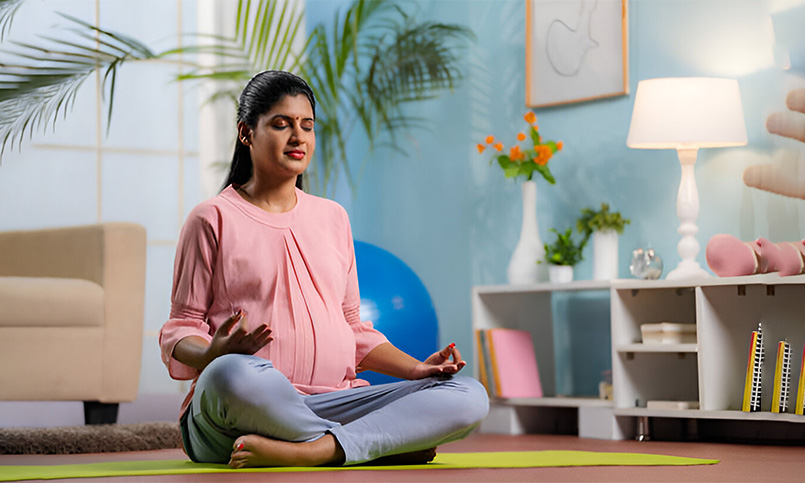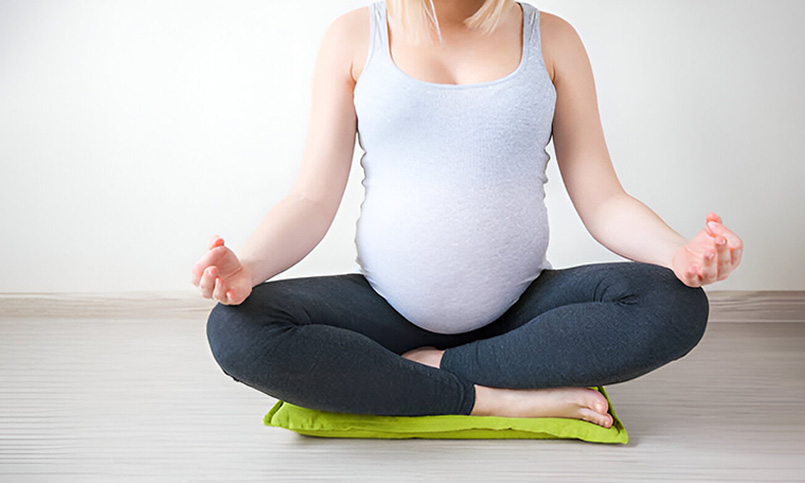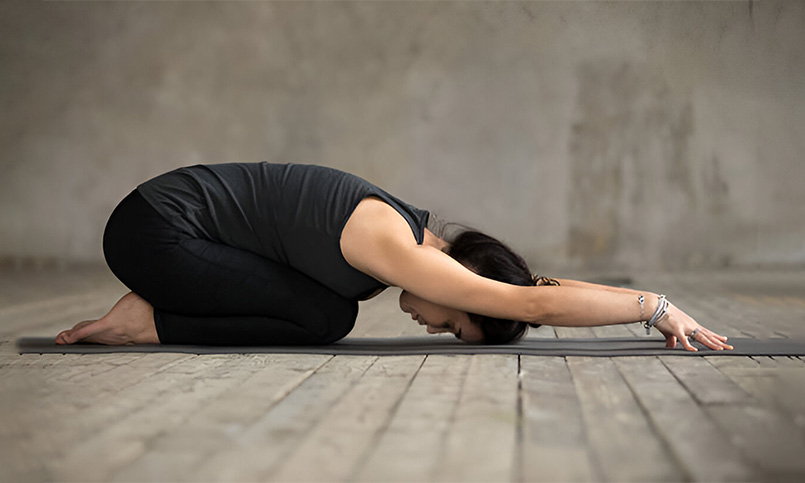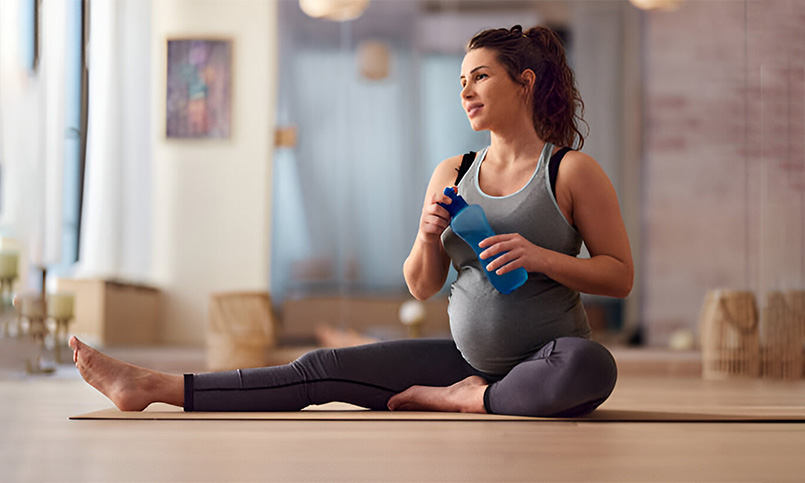Pregnancy is a beautiful journey, but it also comes with its own set of challenges and considerations. One such consideration is exercise, and more specifically, the practice of hot yoga during pregnancy. Many expectant mothers wonder if it’s safe to participate in this physically demanding and heated form of exercise.
In this comprehensive article, we’ll explore the potential benefits and risks associated with hot yoga during pregnancy. We’ll delve into expert opinions, research findings, and personal experiences to help you make an informed decision about whether this practice is right for you during this special time.
What is Hot Yoga?
Before we dive into the specifics of hot yoga during pregnancy, let’s first understand what hot yoga is all about.
Hot yoga, also known as Bikram yoga, is a style of yoga practiced in a room heated to temperatures ranging from 95°F to 105°F (35°C to 40.6°C) with high humidity levels. The series typically consists of 26 postures and two breathing exercises, designed to promote flexibility, strength, and detoxification through sweating.

Pregnancy and Exercise: General Guidelines
During pregnancy, it’s essential to maintain an active lifestyle and engage in safe exercises that benefit both the mother and the developing baby. However, it’s crucial to follow specific guidelines and listen to your body’s signals.
Here are some general guidelines for exercise during pregnancy:
- Consult your healthcare provider: Before starting any new exercise regimen, it’s crucial to consult your obstetrician or midwife to ensure it’s safe for you and your baby.
- Stay hydrated: Drinking plenty of water before, during, and after exercise is essential, especially when participating in hot yoga.
- Avoid overheating: Overheating during pregnancy can be dangerous for both the mother and the baby, so it’s important to monitor your body temperature and take breaks as needed.
- Listen to your body: Pay attention to any discomfort, dizziness, or shortness of breath, and adjust your routine accordingly.
Potential Benefits of Yoga During Pregnancy
While hot yoga may not be suitable for everyone, practicing yoga in general can offer several benefits for expectant mothers:
- Improved flexibility: Yoga postures can help maintain and improve flexibility, which can be beneficial during pregnancy and labor.
- Reduced stress and anxiety: Yoga’s focus on breath work and mindfulness can help alleviate stress and anxiety, which are common during pregnancy.
- Better sleep: The gentle movements and relaxation techniques of yoga can promote better sleep quality, which is crucial during pregnancy.
- Increased strength and stamina: Certain yoga postures can help build muscle strength and endurance, preparing the body for the physical demands of labor and childbirth.
Risks Associated with Hot Yoga for Pregnant Women
While there are potential benefits to practicing yoga during pregnancy, hot yoga specifically carries additional risks that should be carefully considered:
- Overheating: The high temperatures and humidity in hot yoga studios can increase the risk of overheating, which can be harmful to the developing baby.
- Dehydration: The combination of sweating and the increased need for hydration during pregnancy can make it challenging to stay adequately hydrated during hot yoga sessions.
- Dizziness and lightheadedness: The heat and strenuous postures in hot yoga can lead to dizziness and lightheadedness, increasing the risk of falls or injury.
- Muscle cramps: The intense stretching and sweating in hot yoga can contribute to muscle cramps, which can be particularly uncomfortable during pregnancy.
Medical Opinions and Research Findings
The safety of hot yoga during pregnancy is a topic of ongoing debate among medical professionals and researchers. Here’s a look at some expert opinions and research findings:
The American College of Obstetricians and Gynecologists (ACOG) recommends avoiding activities that involve a high risk of abdominal trauma, falls, or excessive joint stress during pregnancy. While ACOG does not specifically mention hot yoga, the high temperatures and potential for dehydration and dizziness could increase these risks.
A study published in the journal Obstetrics & Gynecology found that practicing hot yoga during the late stages of pregnancy was associated with a higher risk of preterm birth and low birth weight.
Many healthcare providers recommend avoiding hot yoga during pregnancy or at least modifying the practice to prevent overheating, dehydration, and other potential risks.
Alternative Yoga Practices for Expectant Mothers
If you’re an avid yogi but want to err on the side of caution during pregnancy, there are alternative yoga practices that may be more suitable:
- Prenatal yoga: These classes are specifically designed for expectant mothers and focus on gentle postures, breathing exercises, and relaxation techniques.
- Restorative yoga: This slower-paced style of yoga emphasizes passive stretching and relaxation, which can be beneficial during pregnancy.
- Hatha yoga: Traditional Hatha yoga, practiced at a comfortable temperature, can provide the benefits of yoga without the added risks of heat and humidity.

Safety Tips for Practicing Yoga During Pregnancy
If you decide to continue practicing yoga during your pregnancy, either in a heated or non-heated environment, it’s essential to follow these safety tips:
- Stay hydrated: Drink plenty of water before, during, and after your practice to prevent dehydration.
- Avoid lying flat on your back: After the first trimester, lying flat on your back can restrict blood flow to the baby, so modify postures accordingly.
- Use props: Utilize props like blocks, straps, and blankets to support your body and avoid overstretching.
- Listen to your body: If you feel dizzy, lightheaded, or uncomfortable, stop and rest immediately.
- Modify postures: Adapt postures as needed to accommodate your changing body and avoid strain.

Consulting with Healthcare Providers
Ultimately, the decision to practice hot yoga or any form of exercise during pregnancy should be made in consultation with your healthcare provider. They can assess your individual health situation, pregnancy stage, and risk factors to provide personalized guidance.
It’s essential to be transparent with your healthcare provider about your exercise routine and any concerns you may have. They can help you modify your practice or recommend alternative activities that are safer for you and your baby.
Also Read: Pregnancy Workout Plan at Home
Conclusion
Ultimately, every pregnancy is unique, and what works for one expectant mother may not be suitable for another. By being informed, staying attuned to your body’s needs, and working closely with your healthcare team, you can make the best decision for you and your baby.
Remember, the well-being of both you and your developing child should always be the top priority. If you have any doubts or concerns, it’s better to err on the side of caution and explore alternative forms of exercise that are safer during this special time.
FAQ
1. Can hot yoga cause miscarriage or birth defects?
While there is no direct evidence linking hot yoga to an increased risk of miscarriage or birth defects, the potential for overheating and dehydration during pregnancy has raised concerns among some healthcare professionals. It is required to consult with the healthcare worker and follow their guidance.
2. Is it safe to practice hot yoga in the first trimester?
The first trimester is generally considered the safest time to practice hot yoga during pregnancy, as the risk of overheating may be lower. However, it’s still important to stay hydrated, modify postures as needed, and consult with your healthcare provider.
3. Can hot yoga cause preterm labor?
There is limited research on the direct link between hot yoga and preterm labor, but some studies have suggested a potential association. The risk may be higher if you practice hot yoga in the later stages of pregnancy or if you experience dehydration, overheating, or other complications.
4. What are the signs that hot yoga is not suitable for me during pregnancy?
Pay attention to any signs of discomfort, such as dizziness, lightheadedness, excessive fatigue, shortness of breath, or abdominal pain. If you experience any of these symptoms, stop practicing immediately and consult your healthcare provider.
5. Can I start hot yoga for the first time during pregnancy?
It’s generally not recommended to start a new, intense exercise regimen like hot yoga for the first time during pregnancy. If you’re new to hot yoga, it may be safer to wait until after giving birth and build up your practice gradually under the guidance of a qualified instructor.

